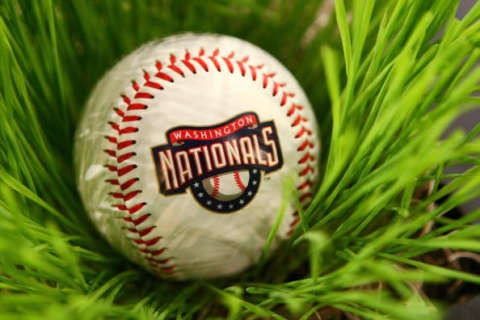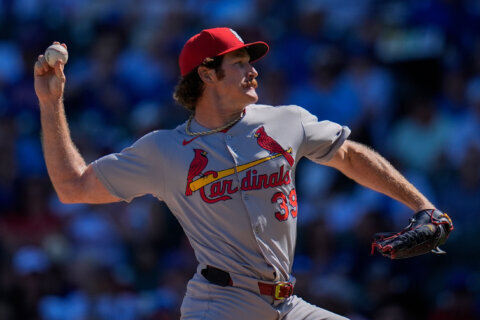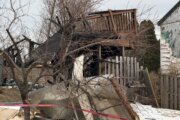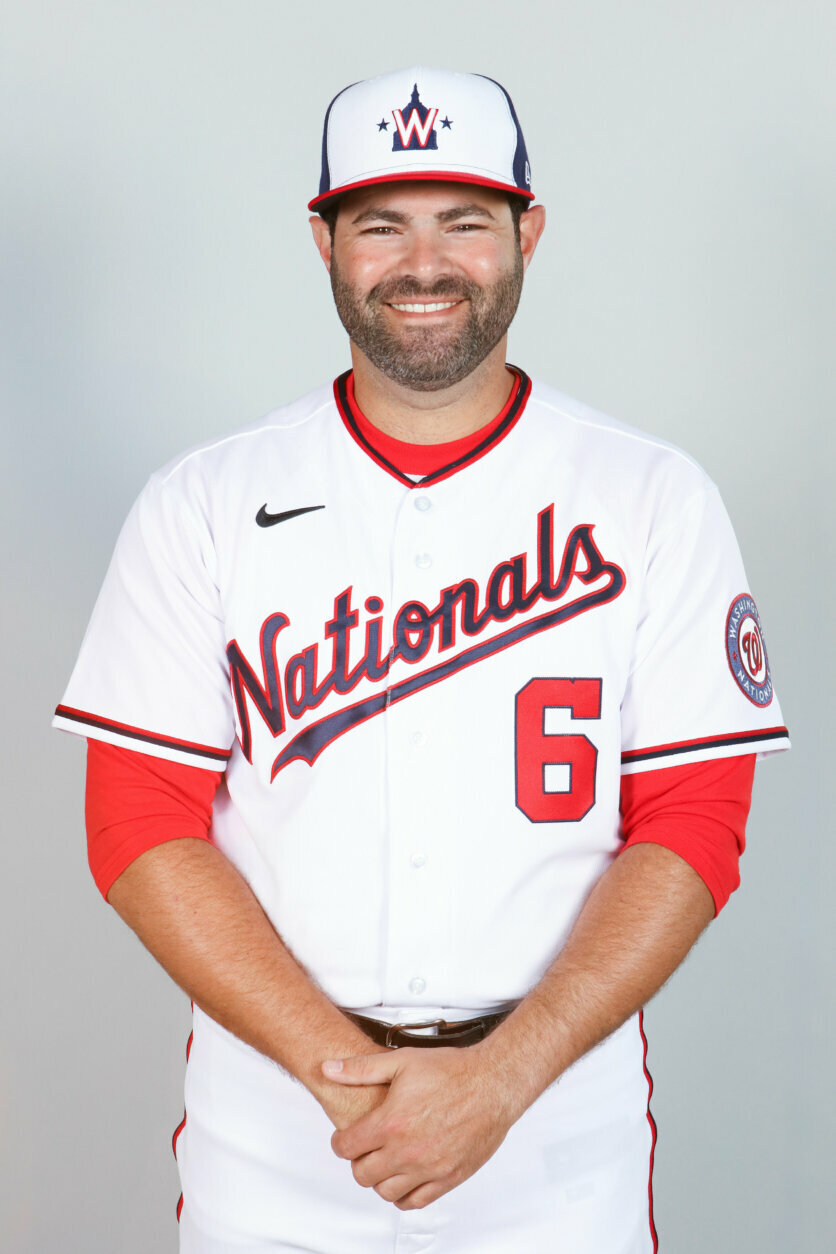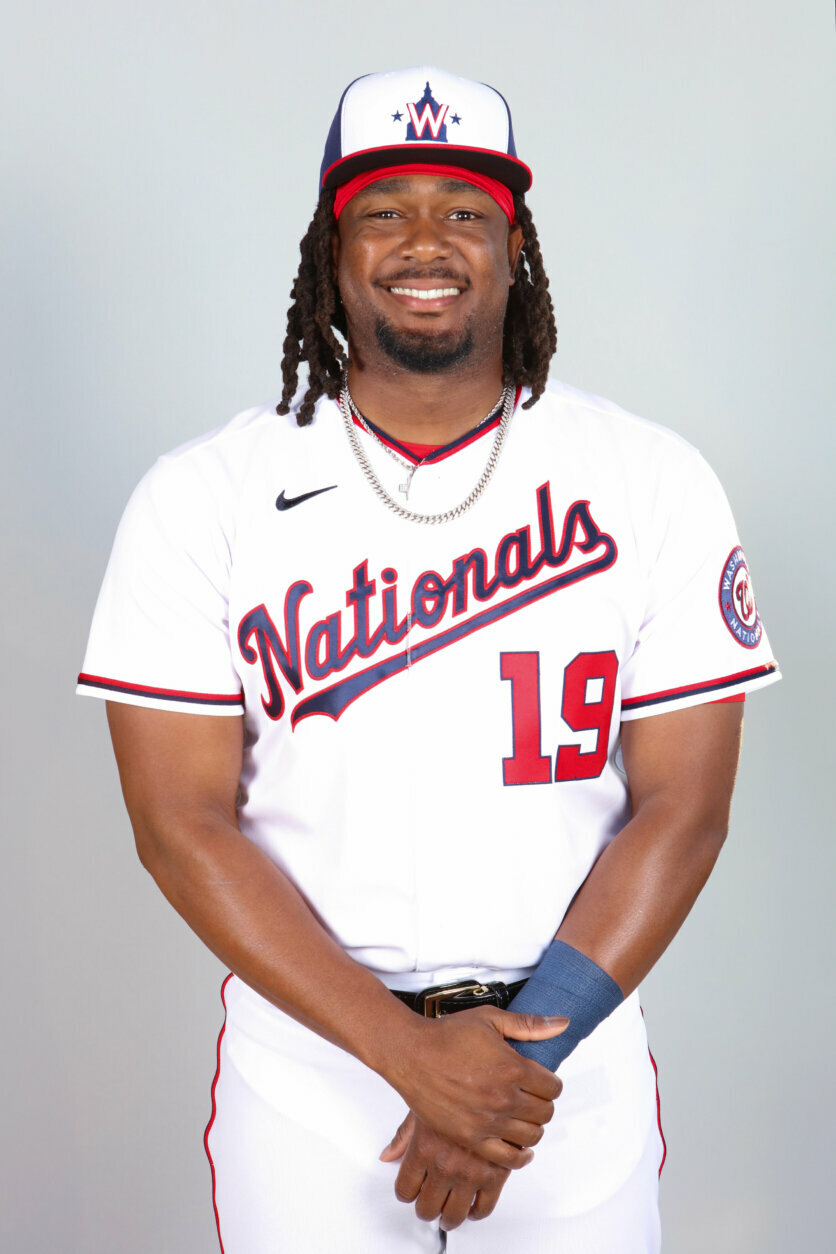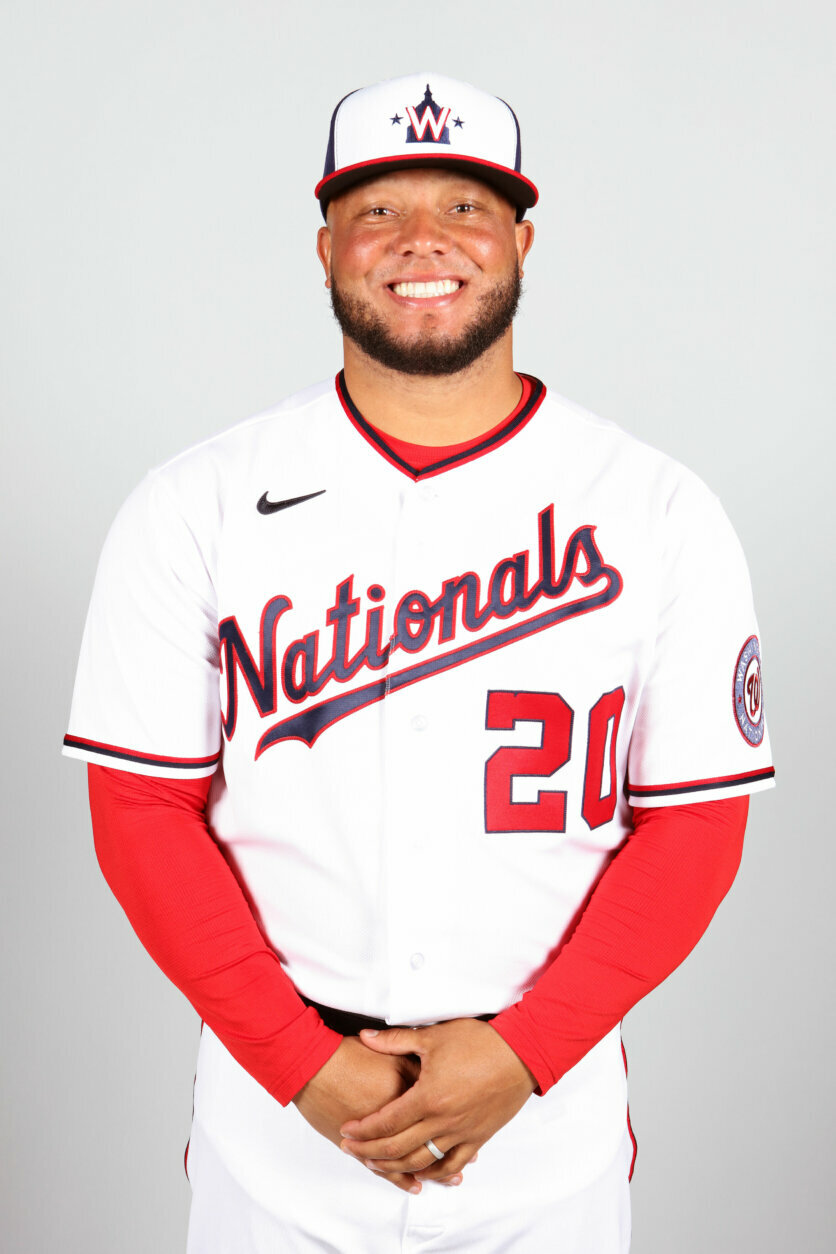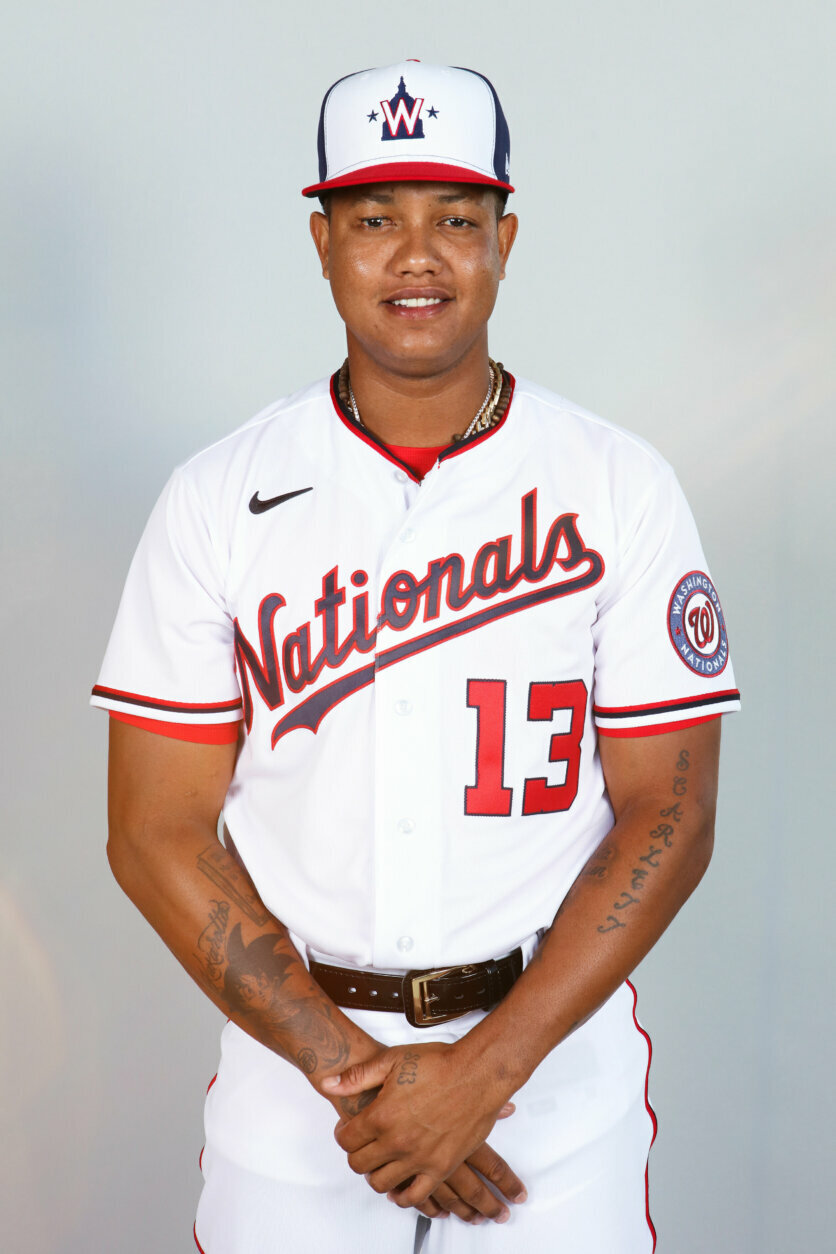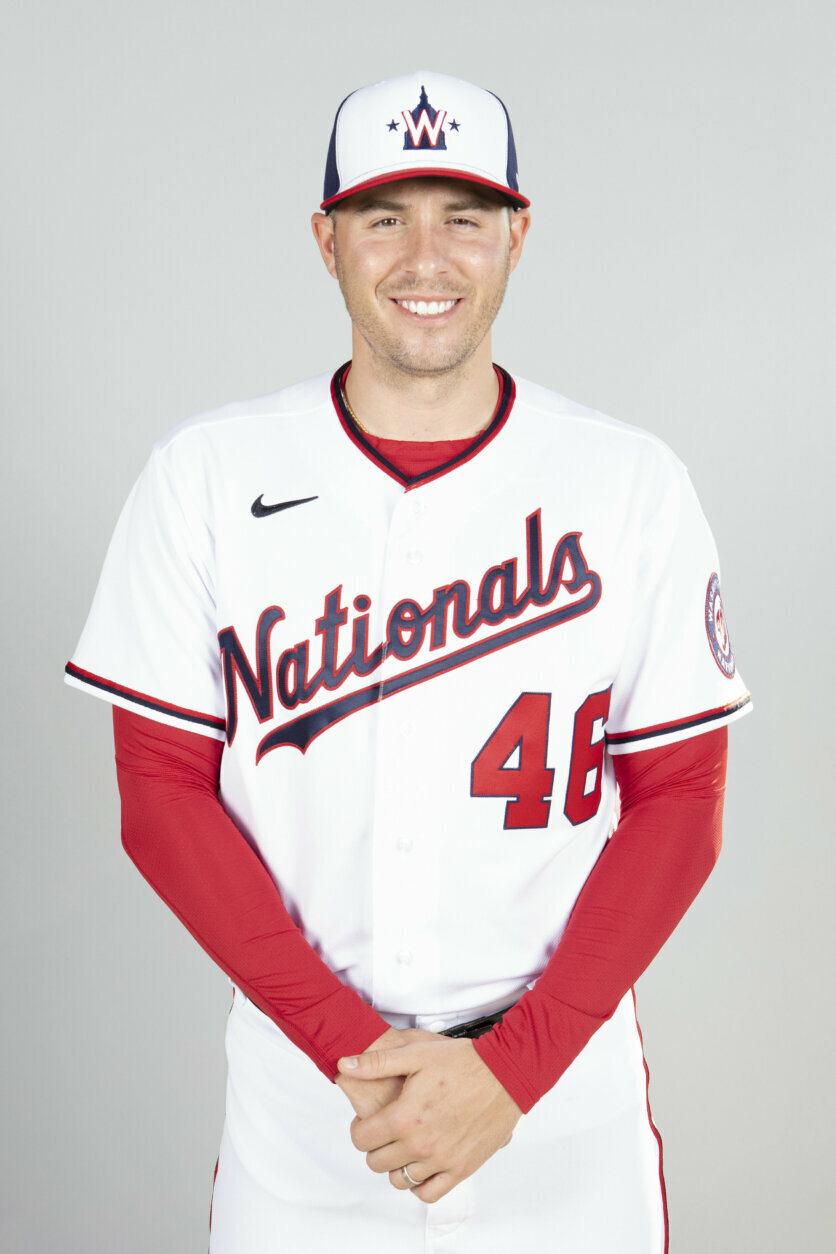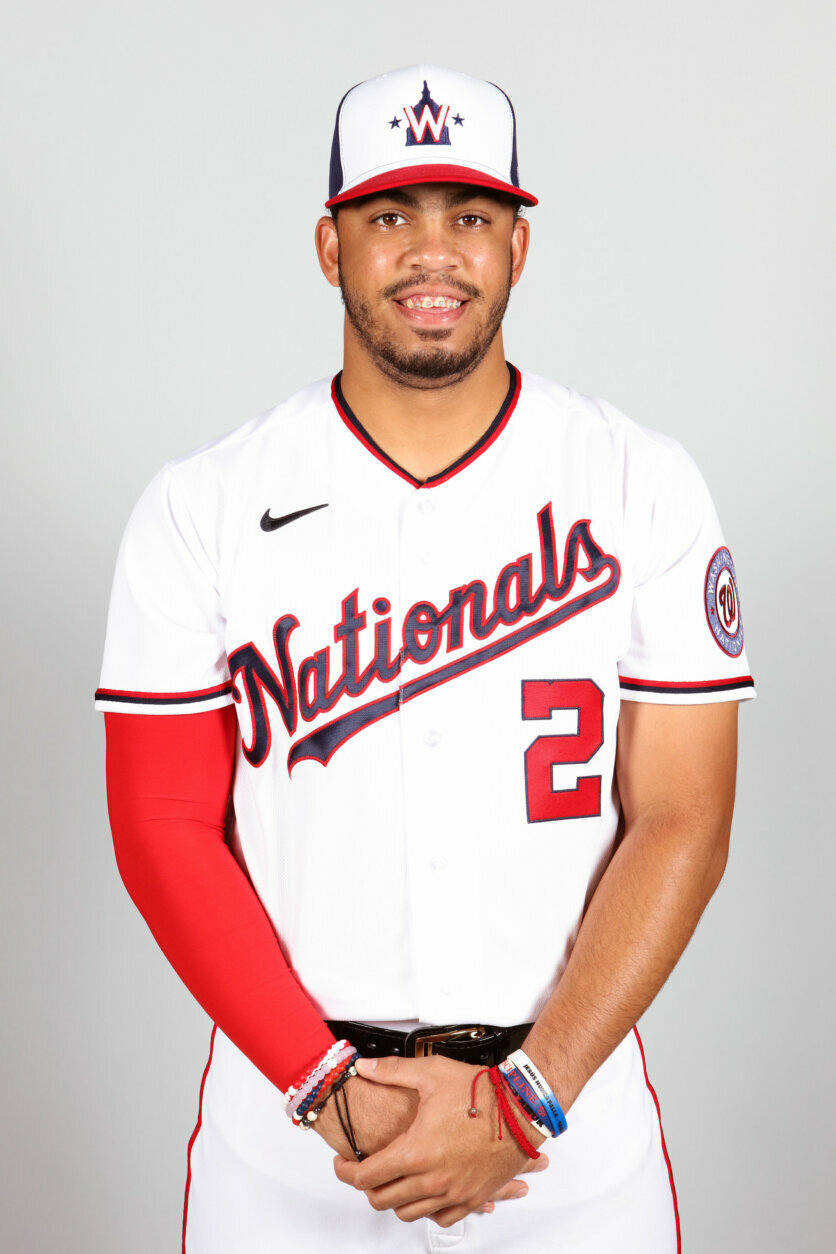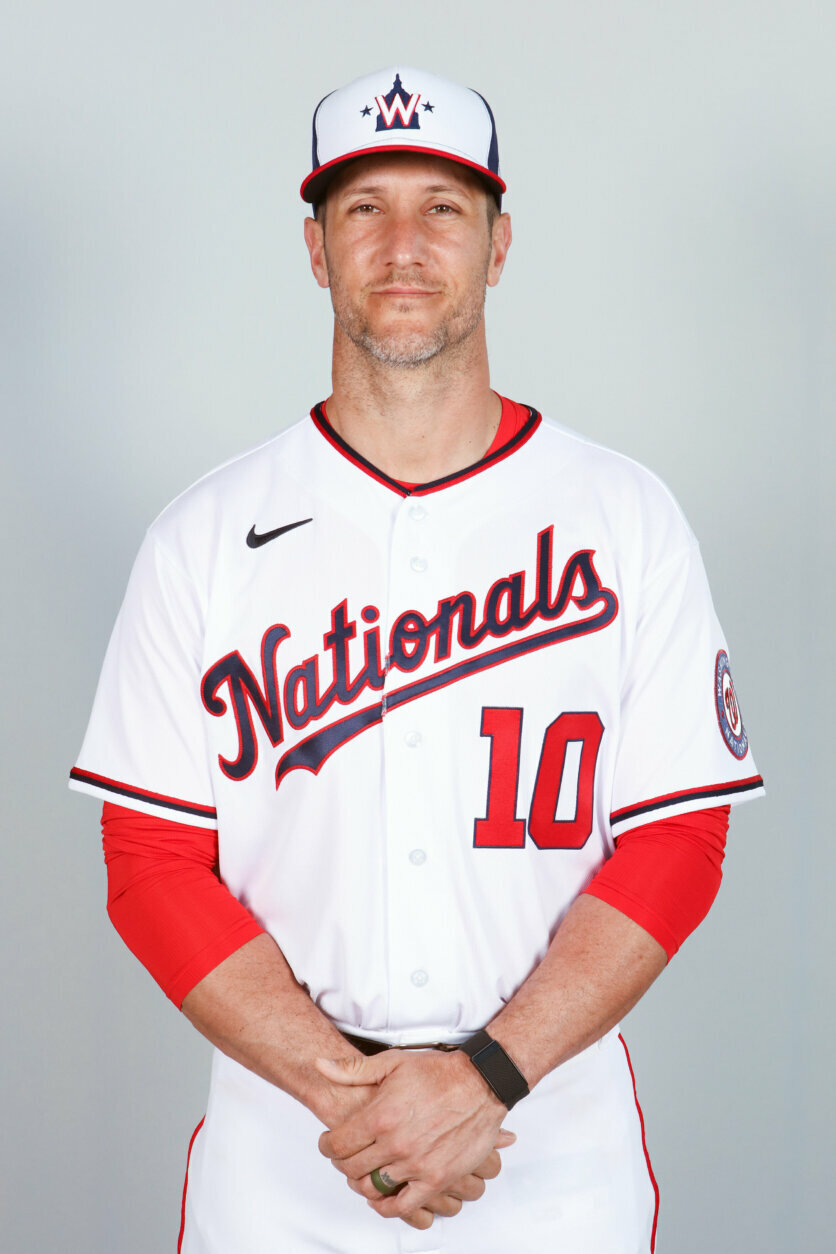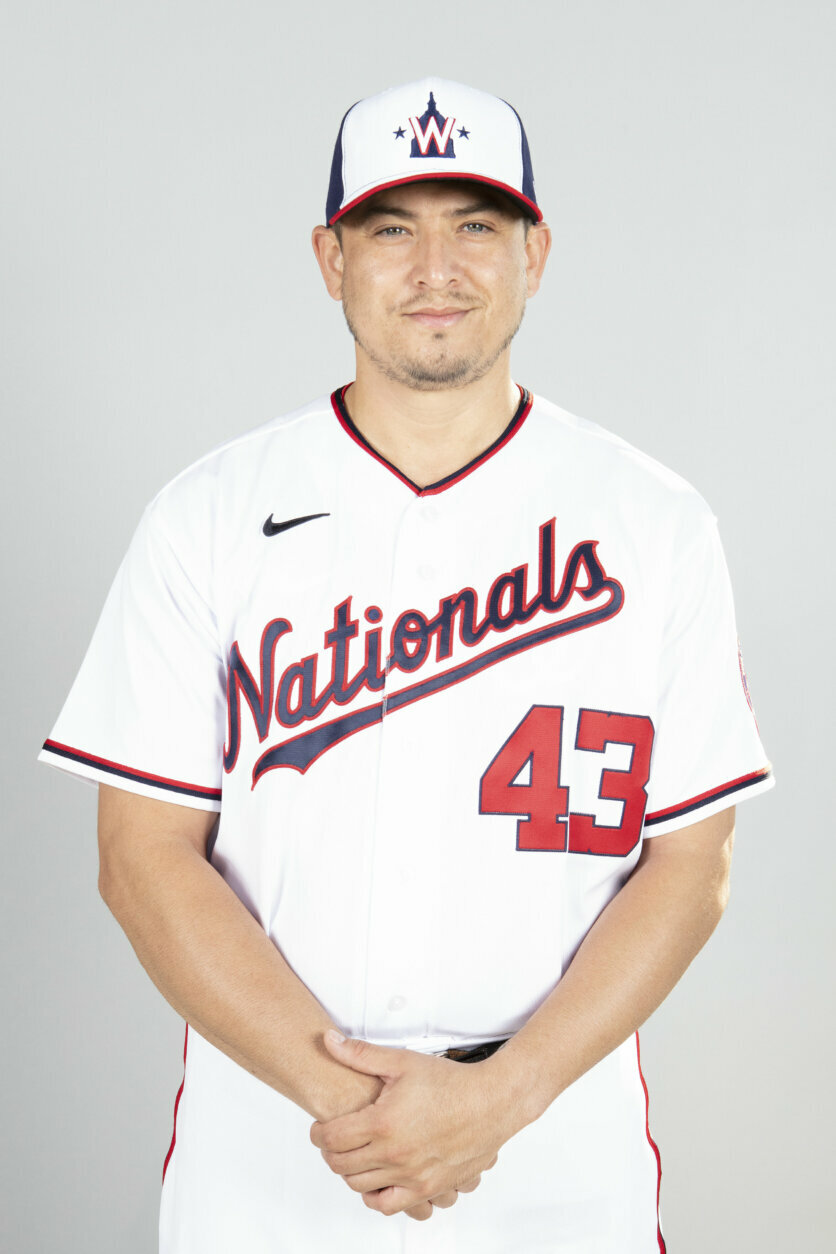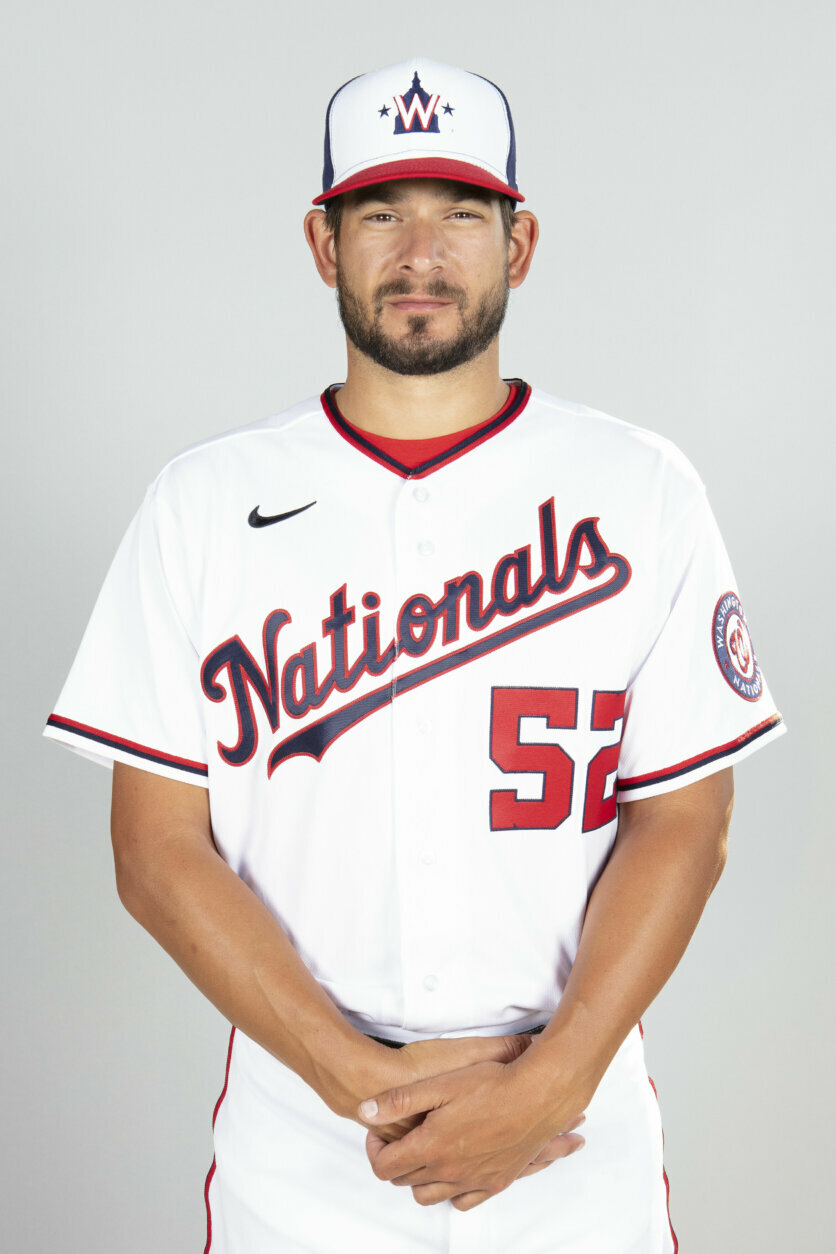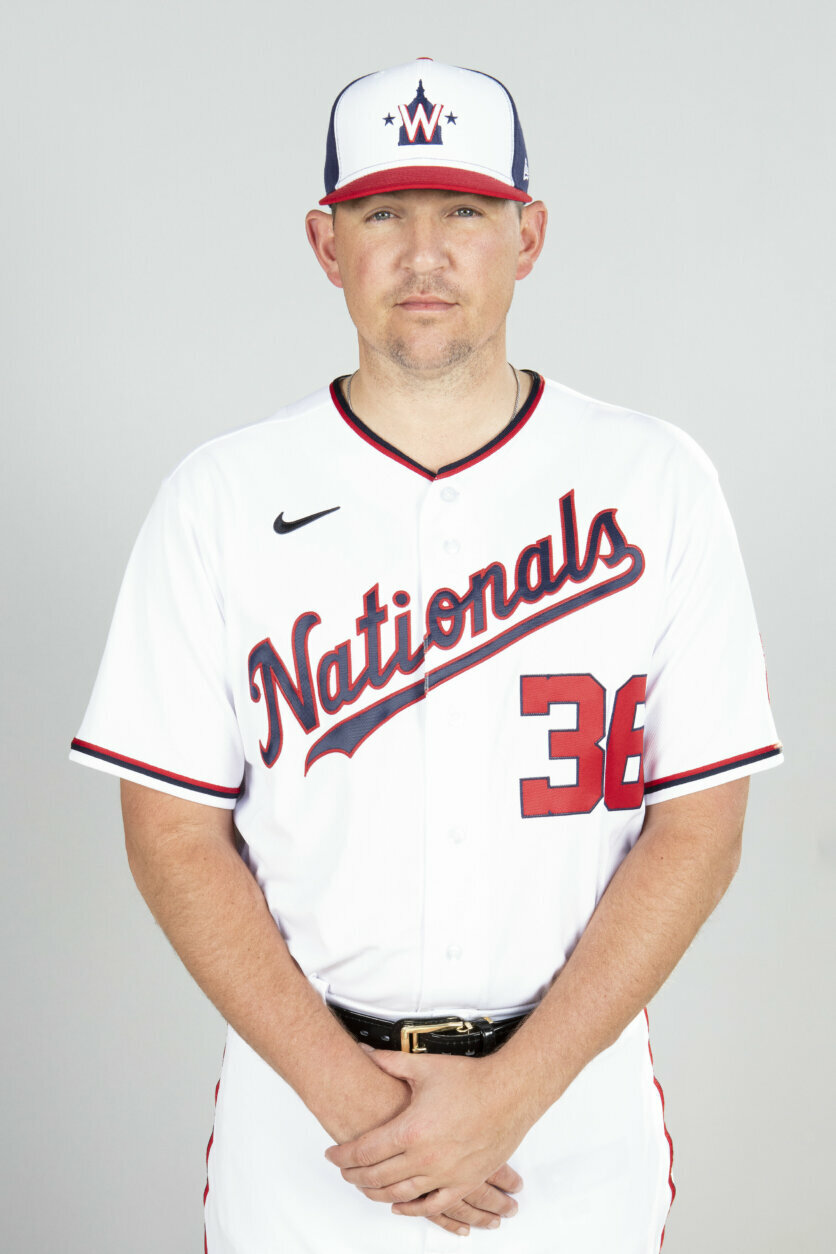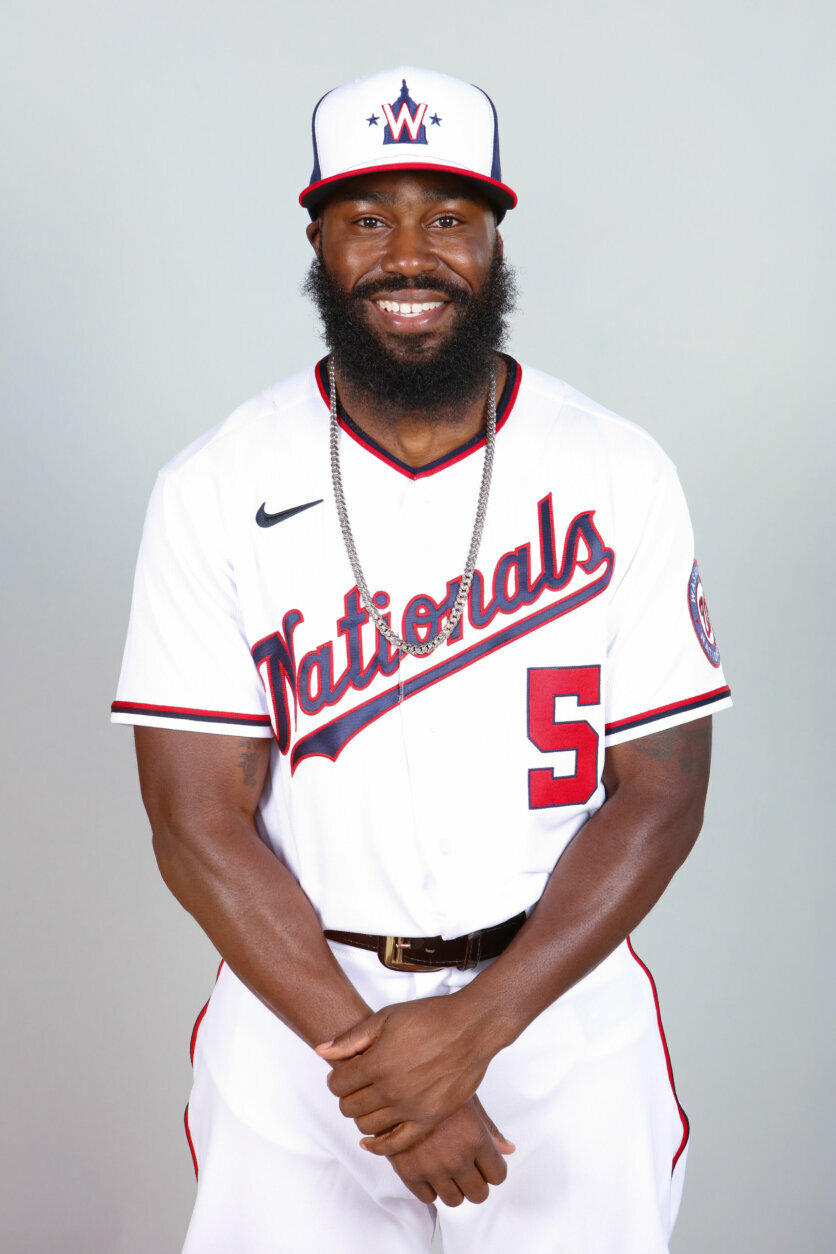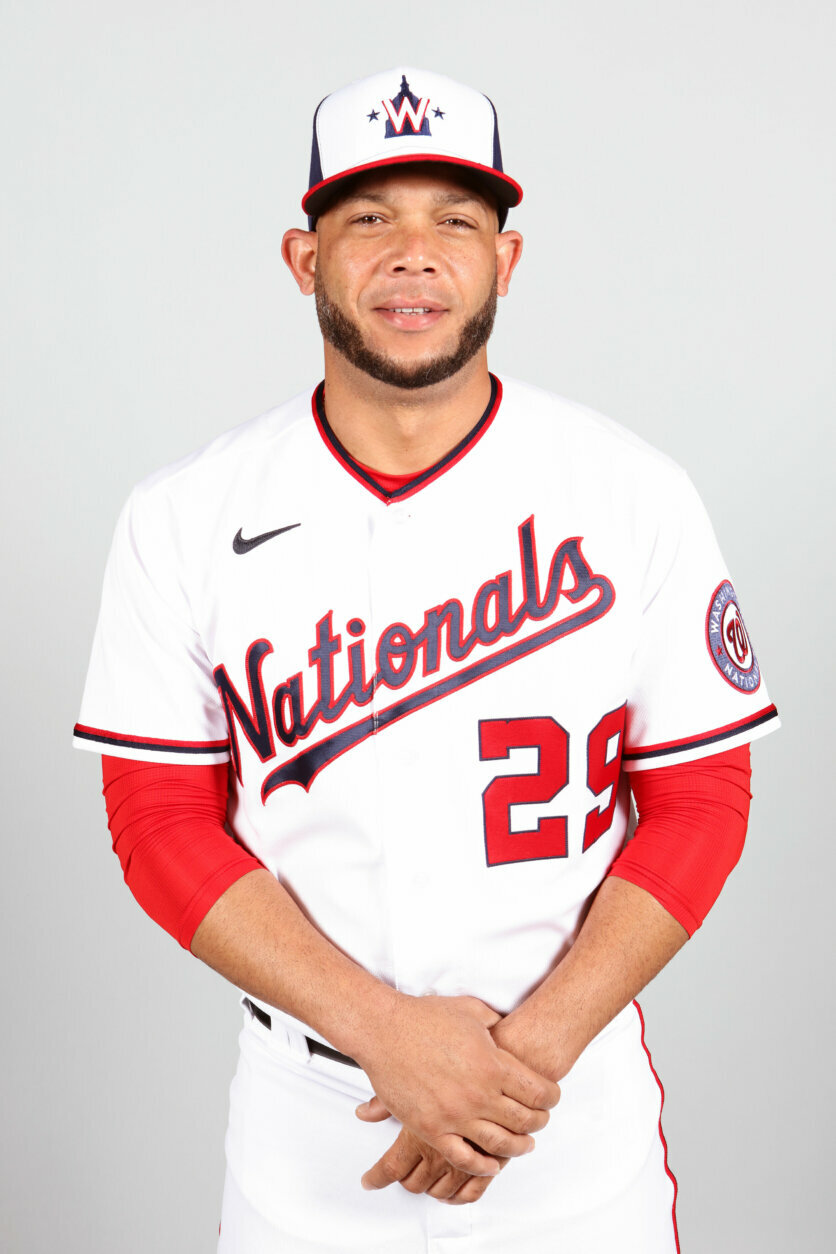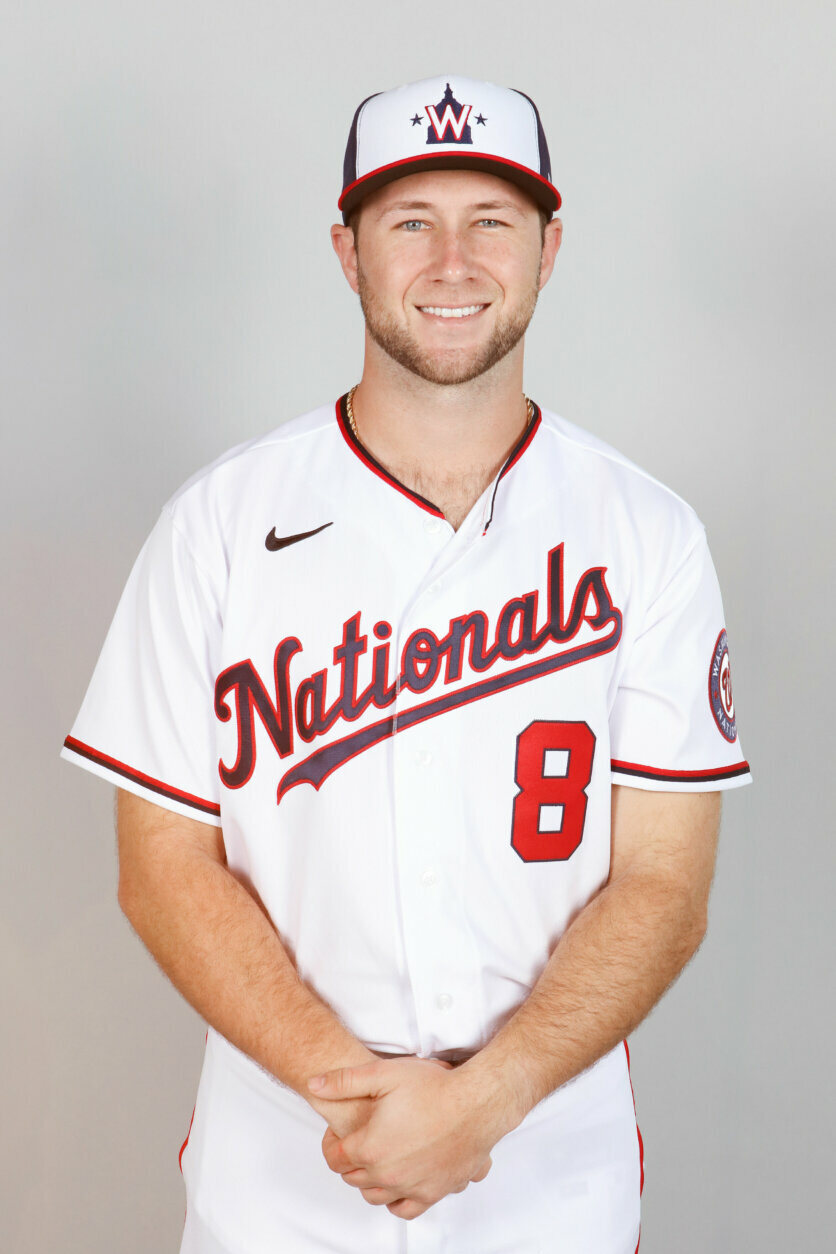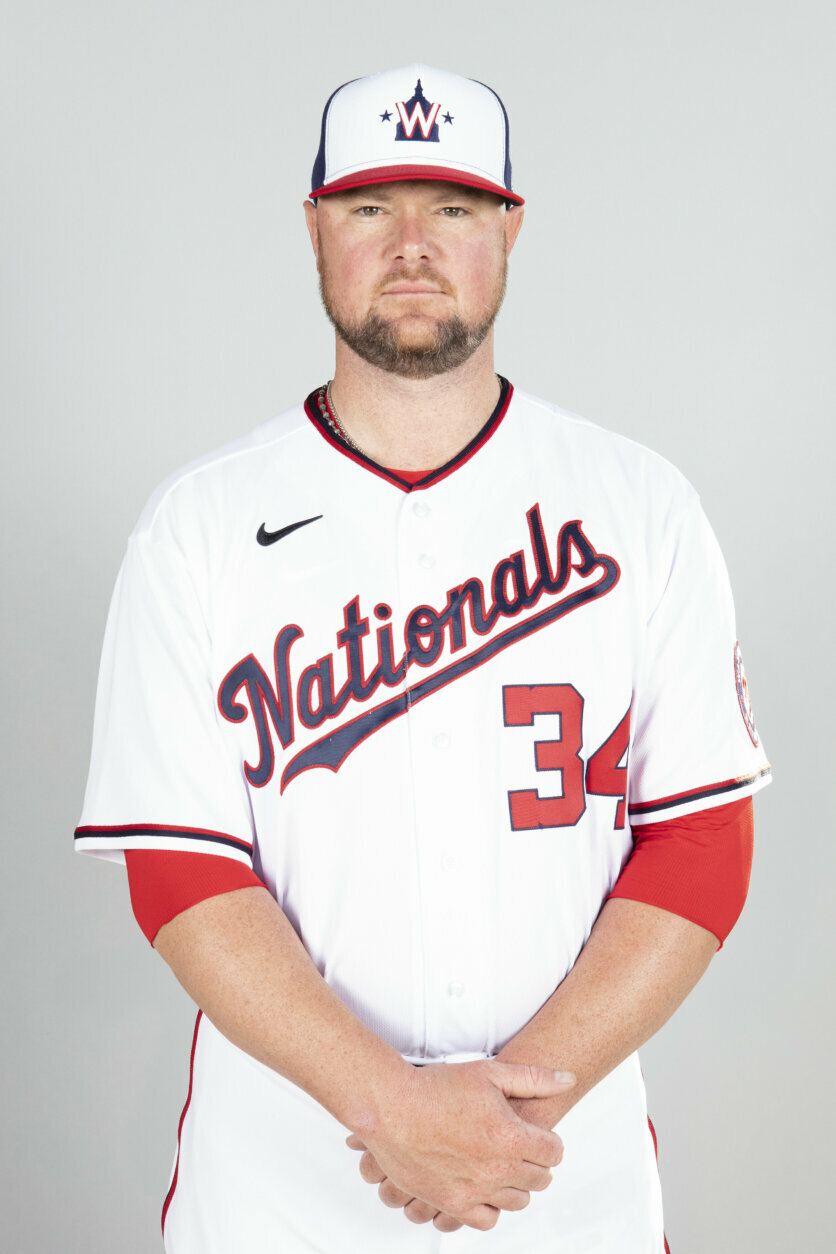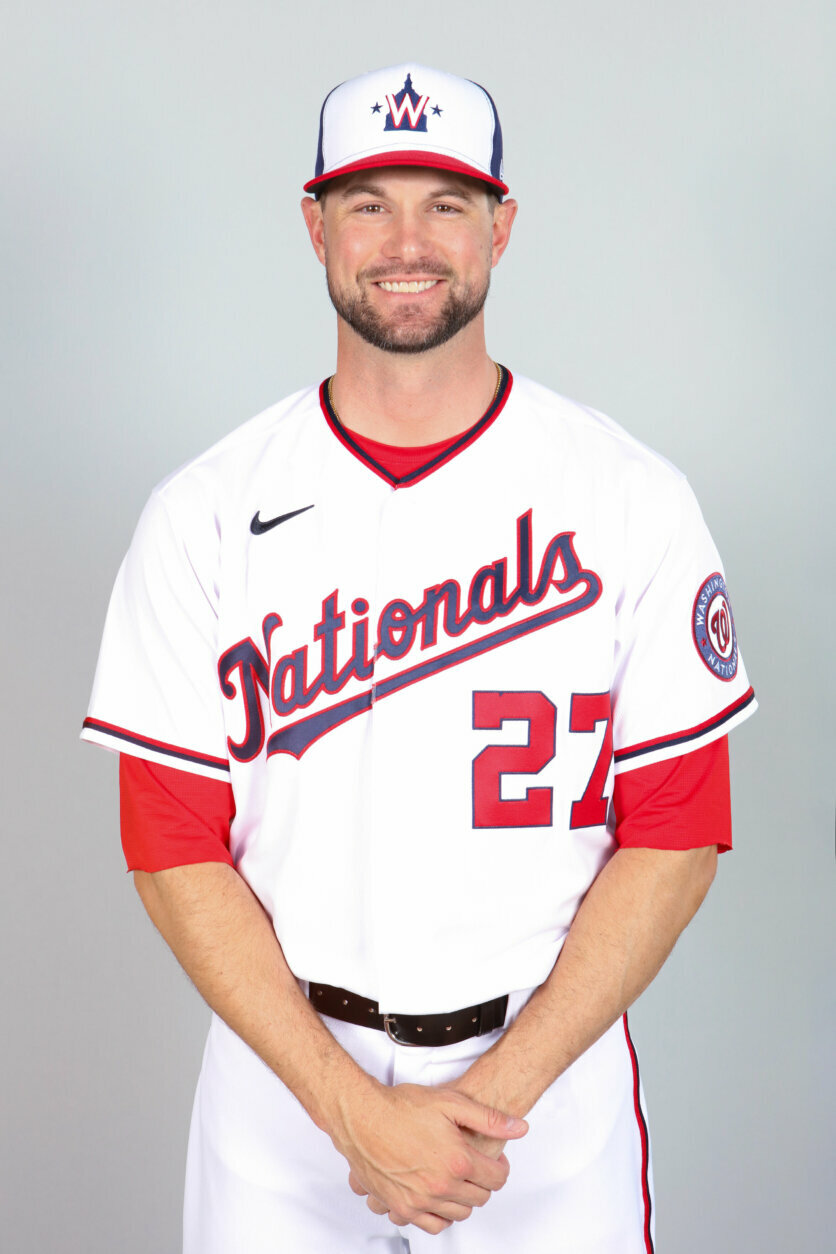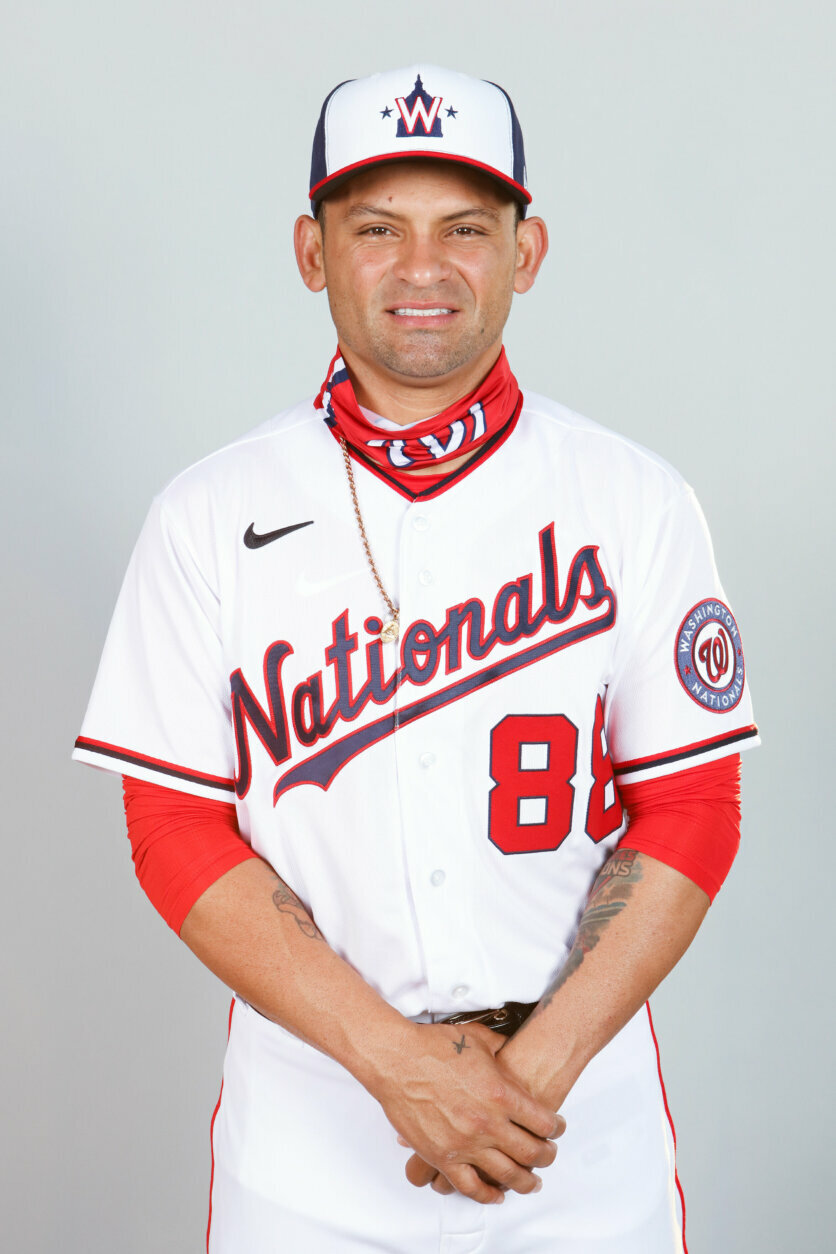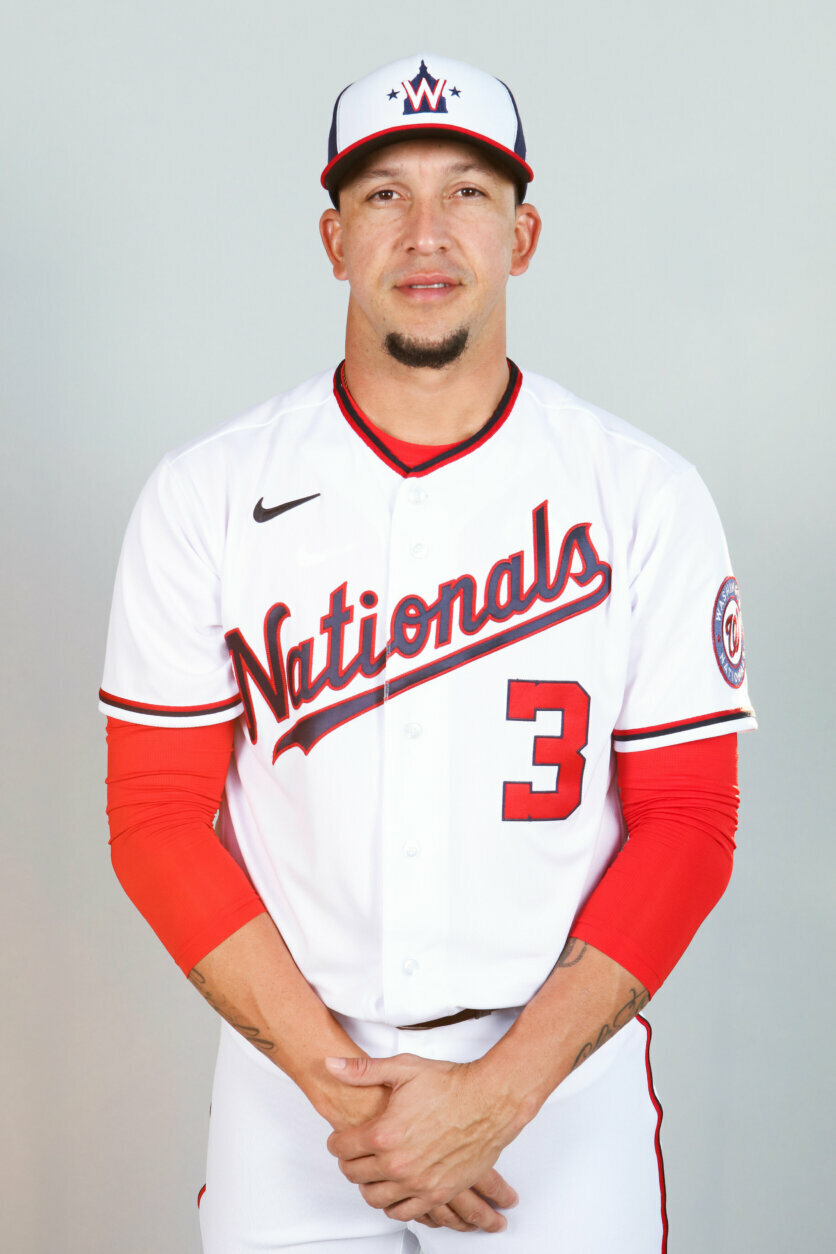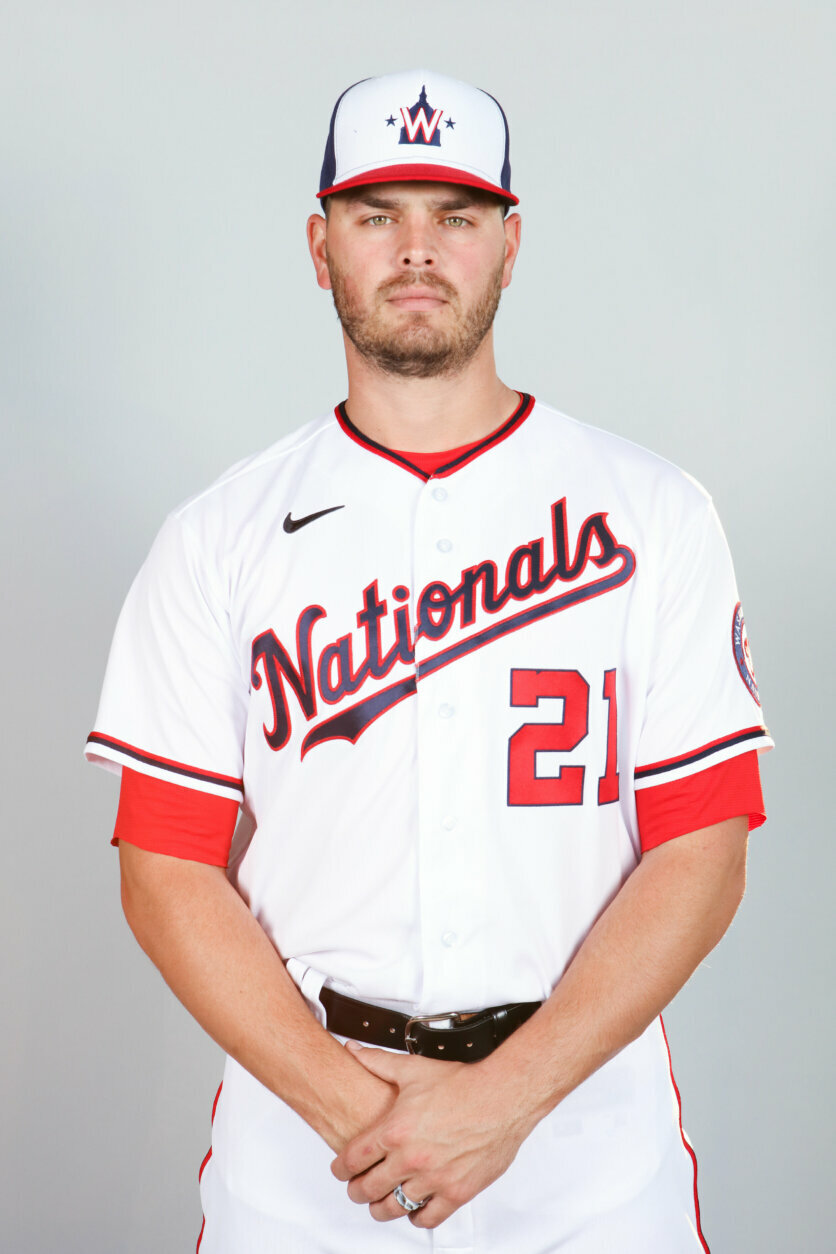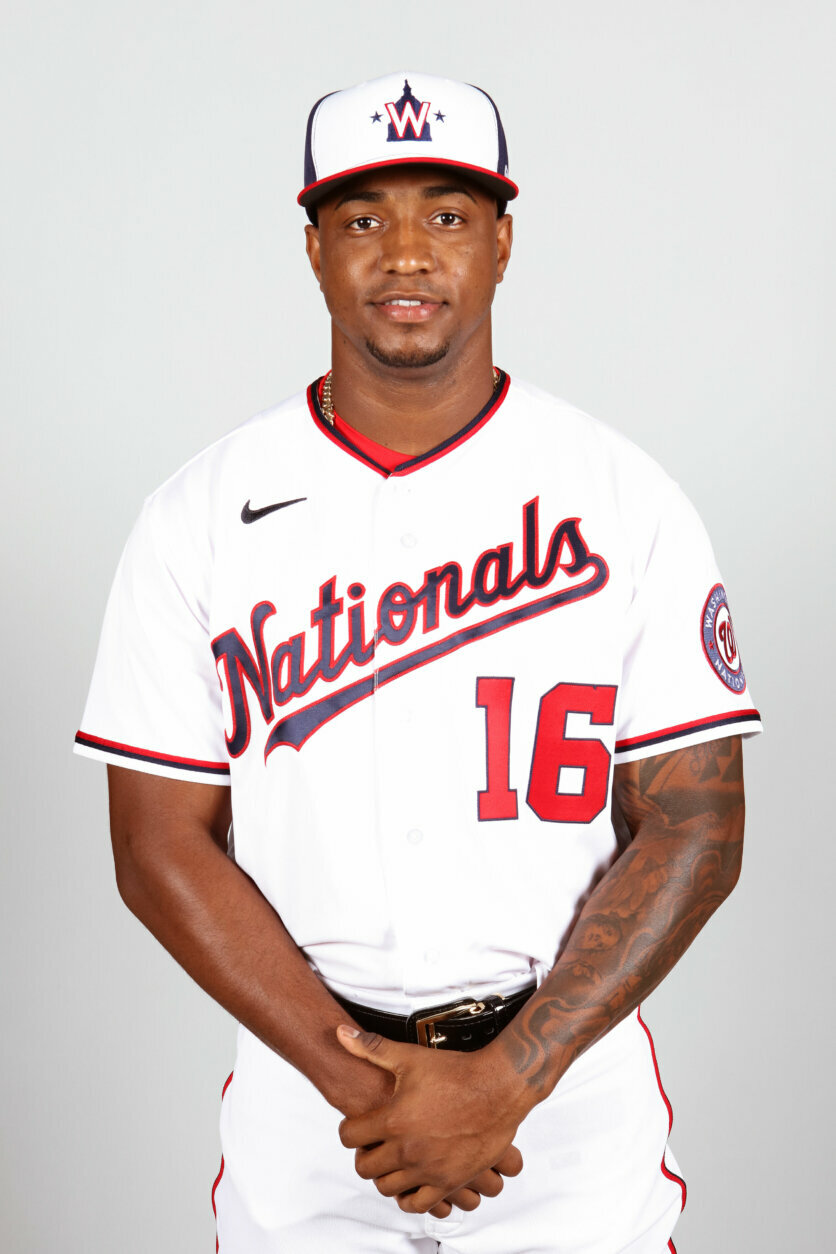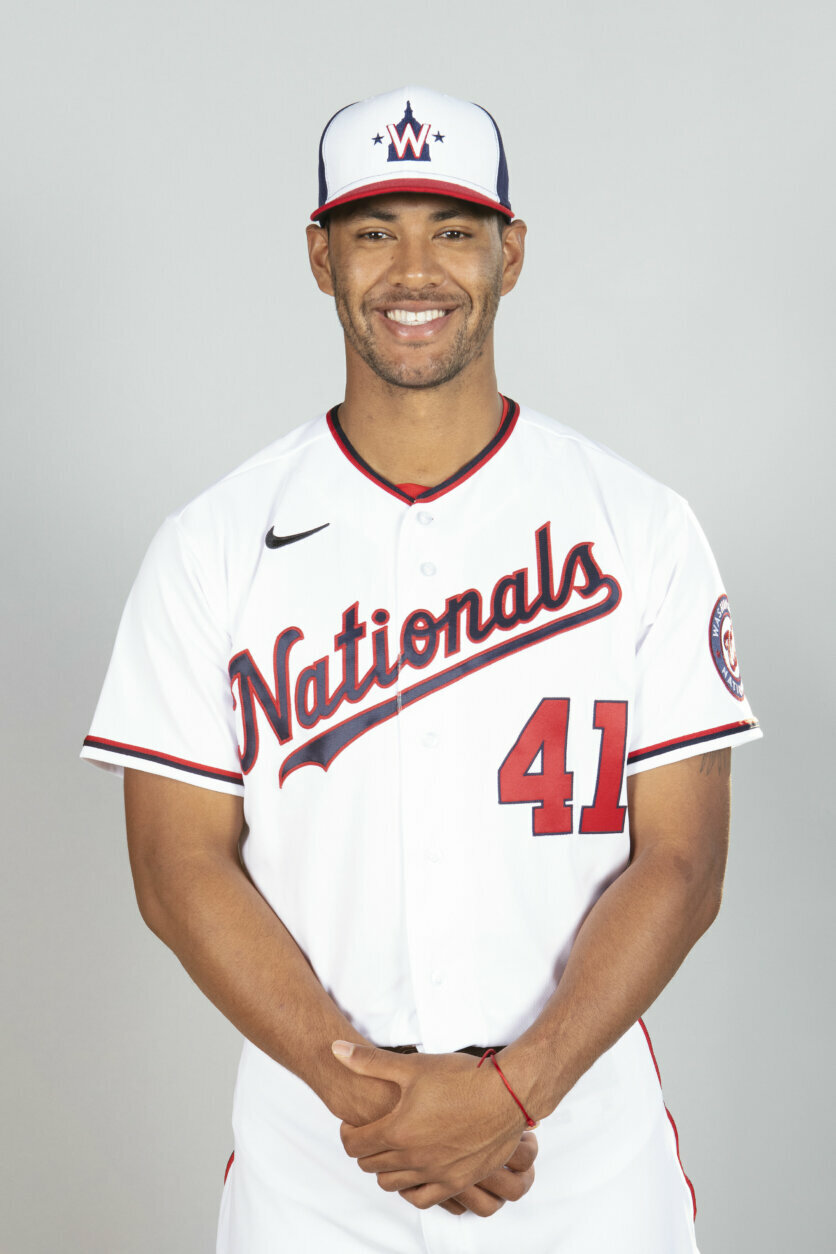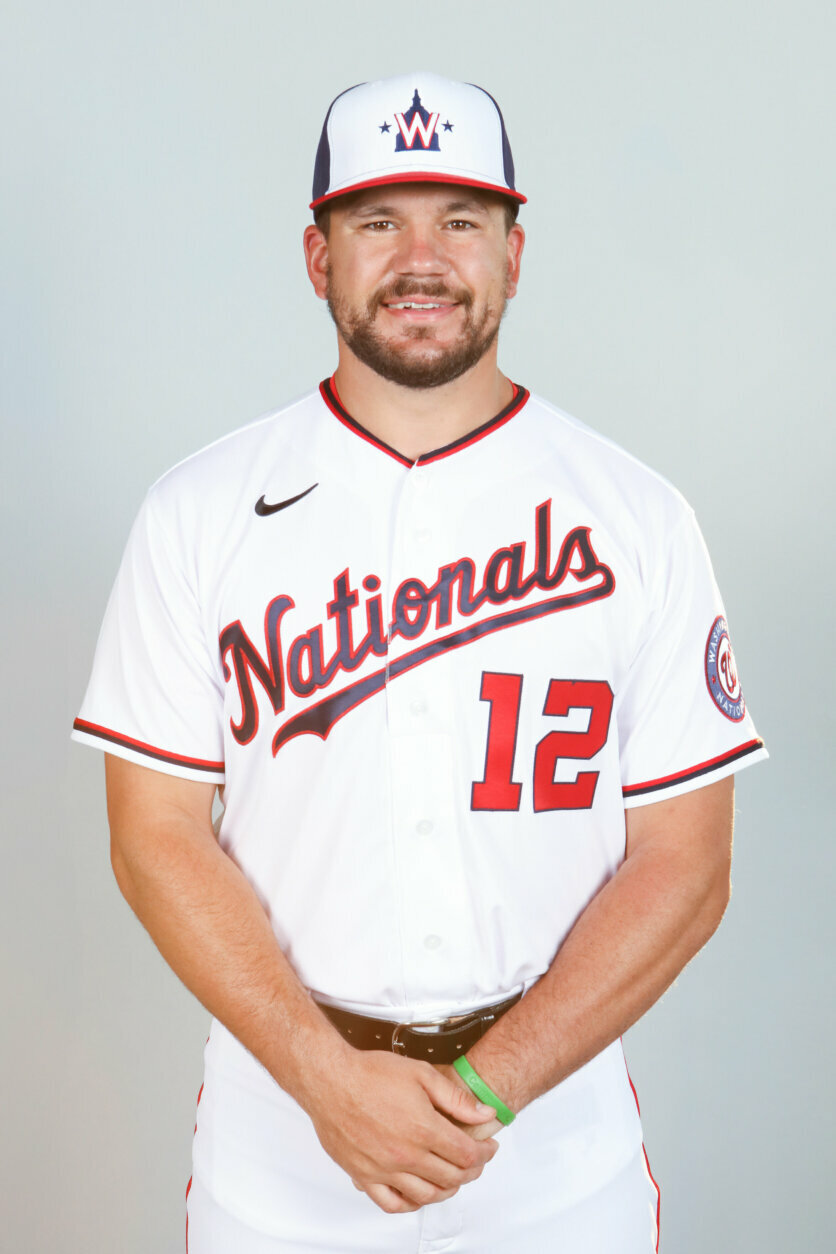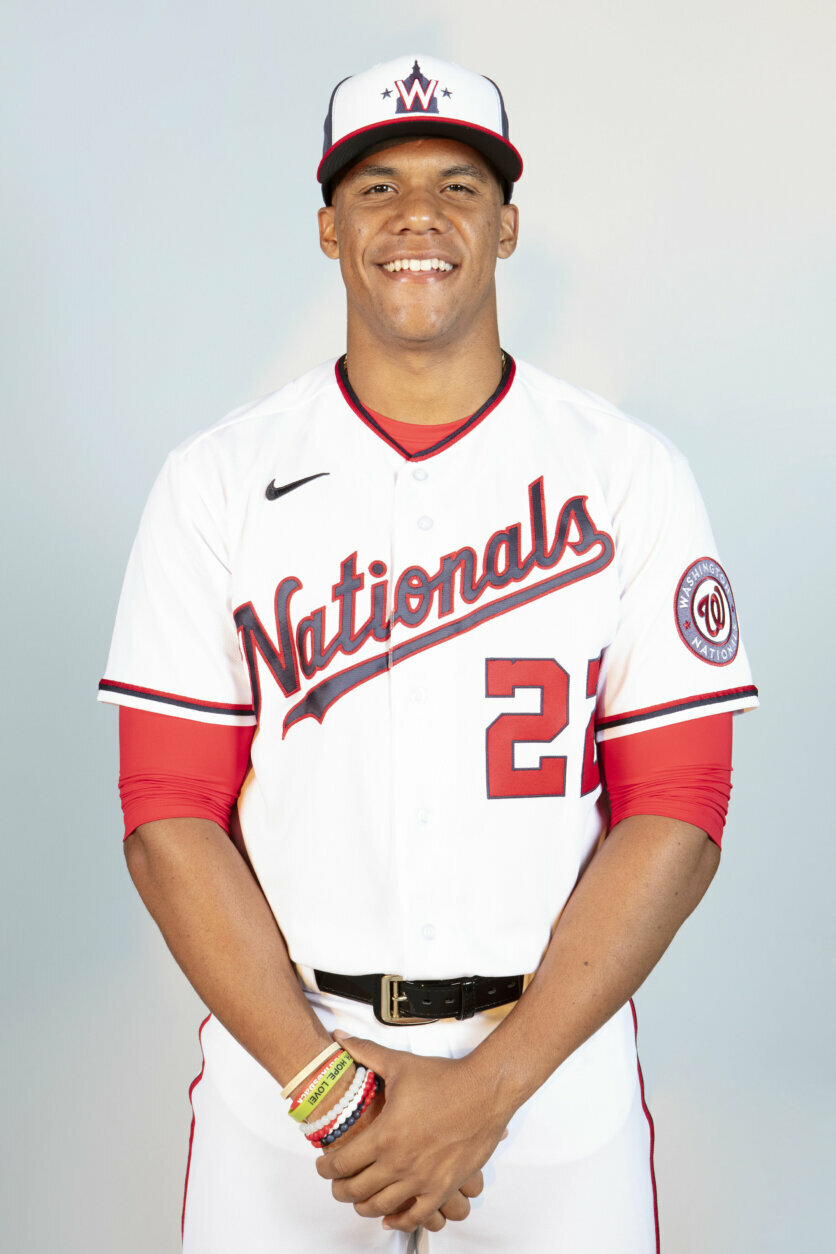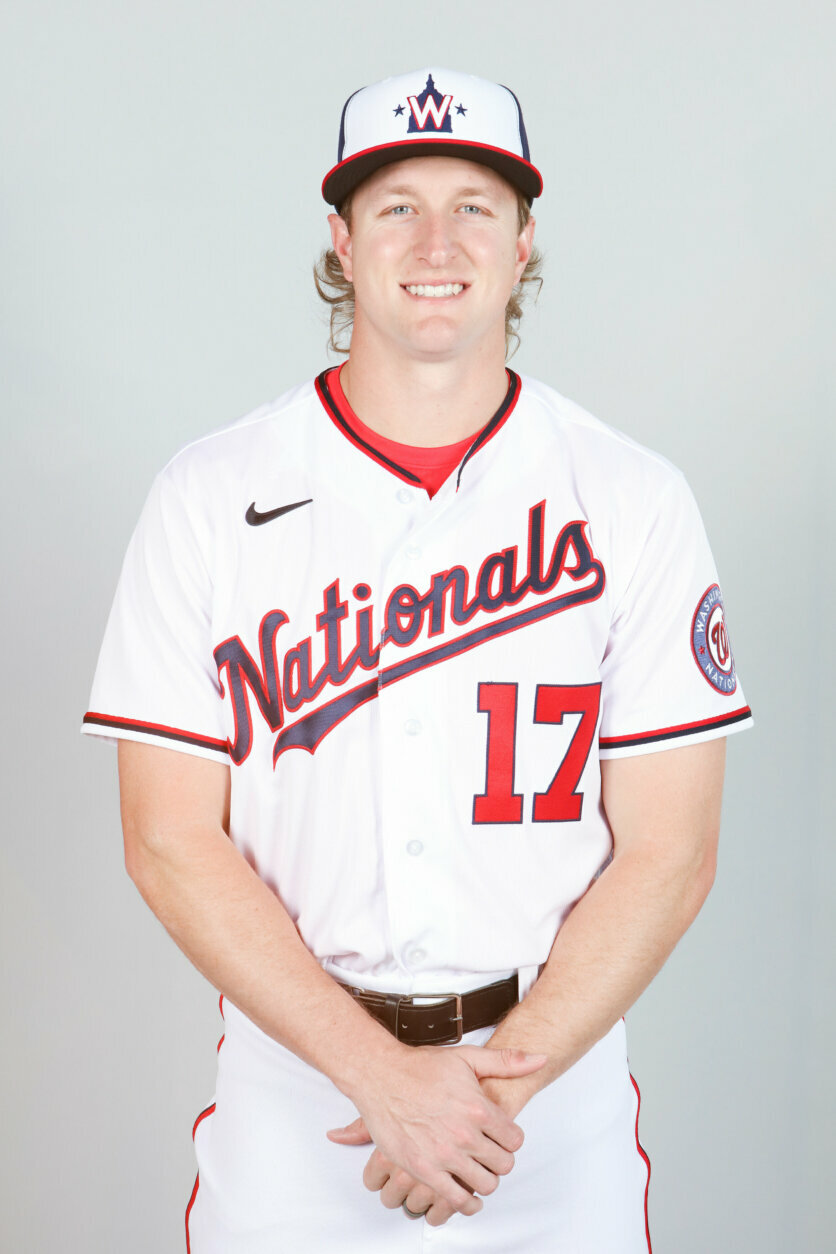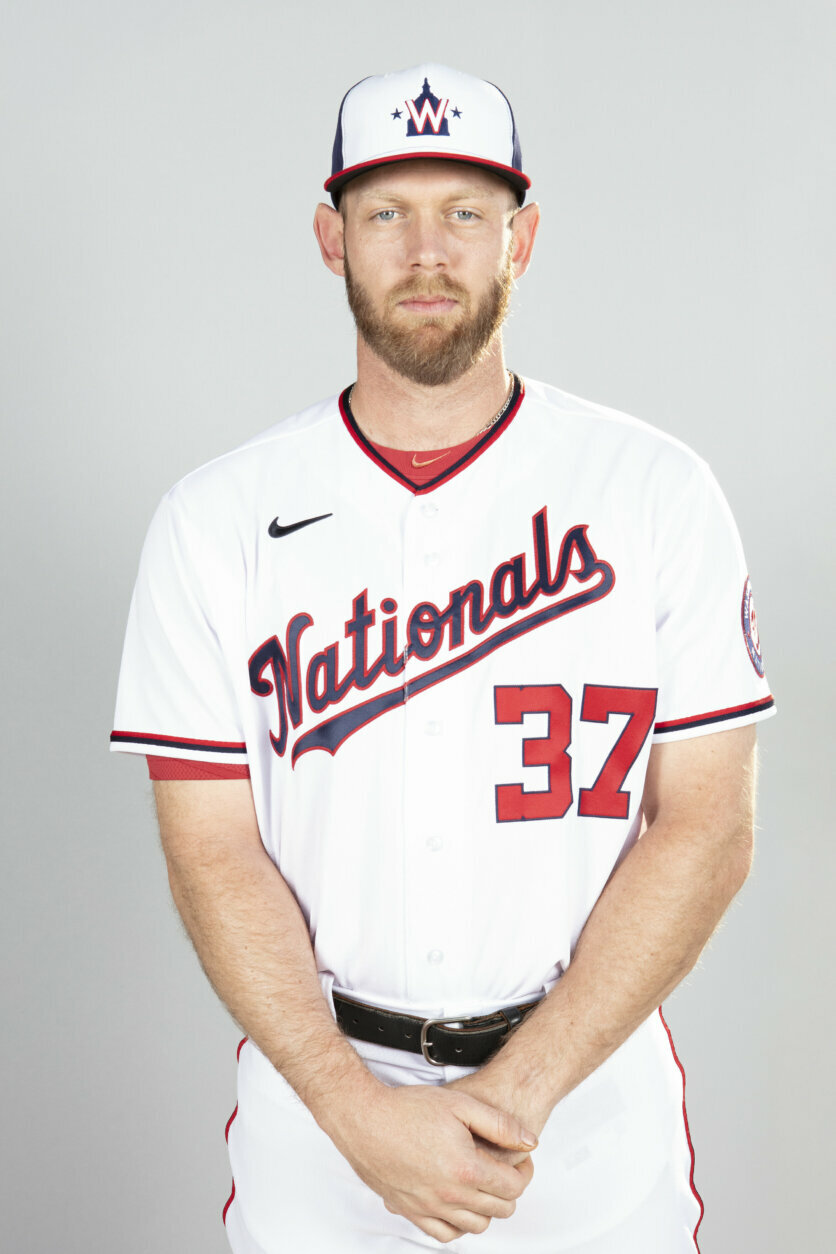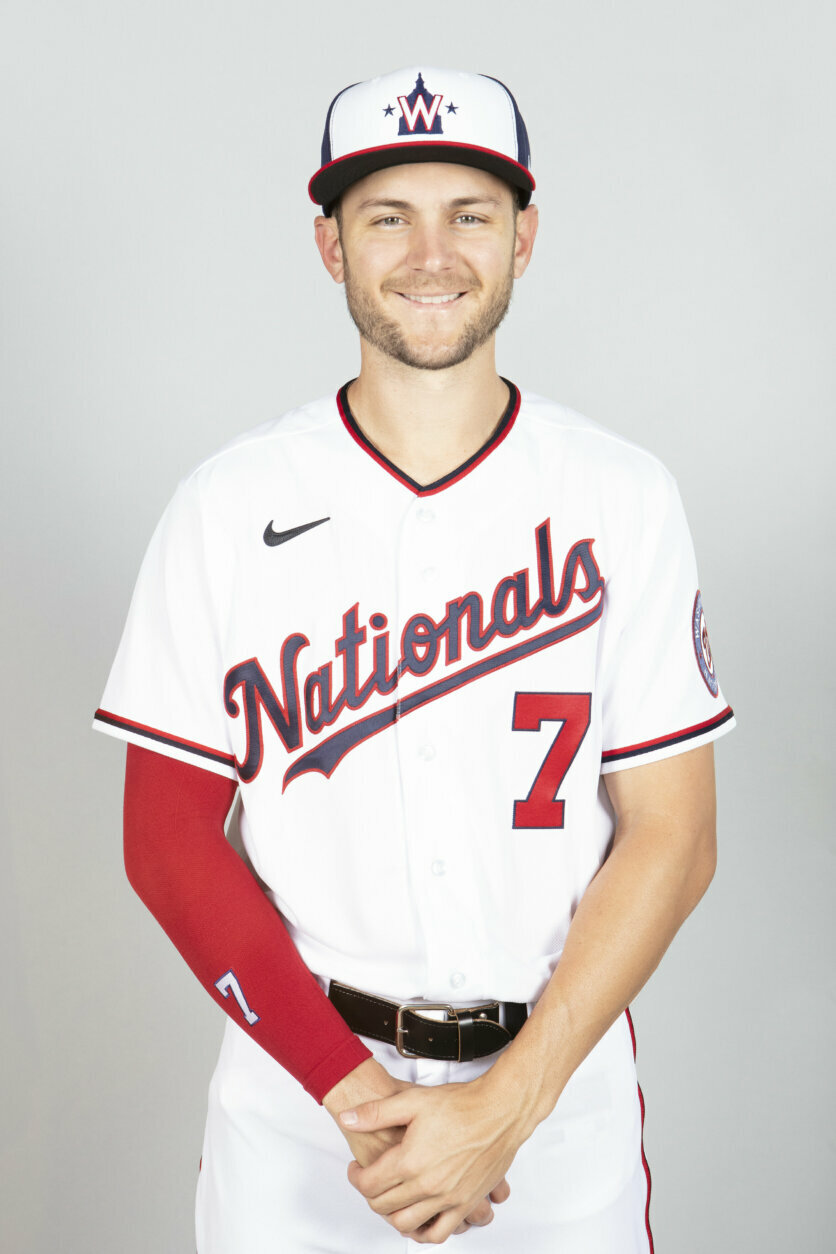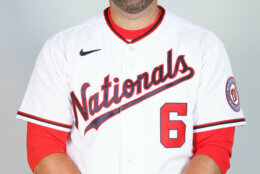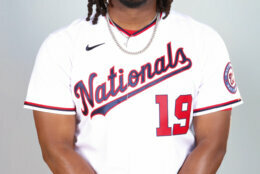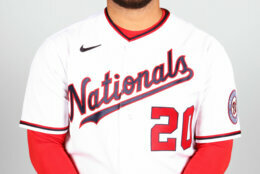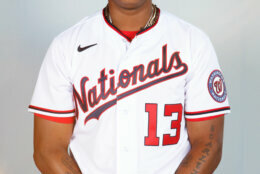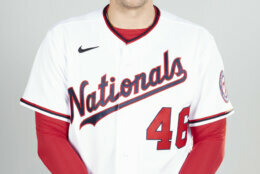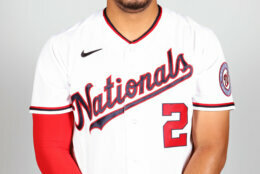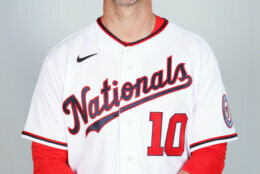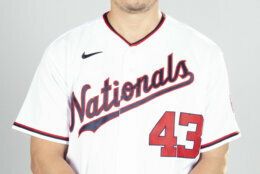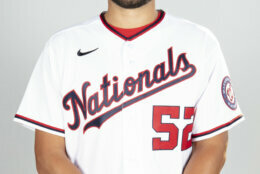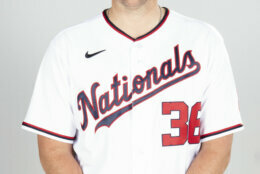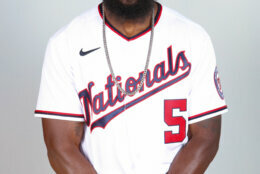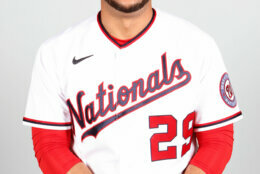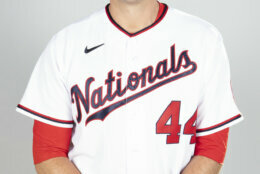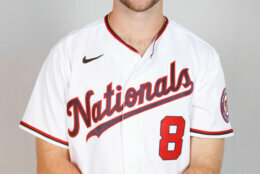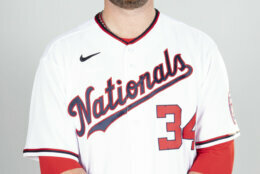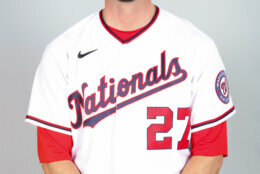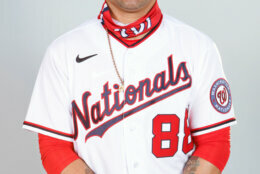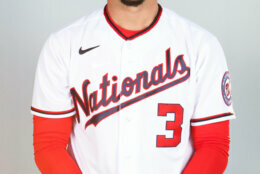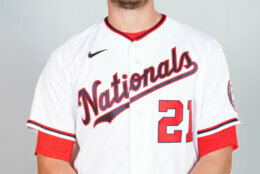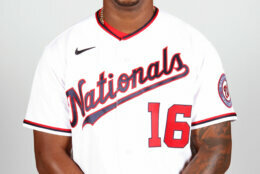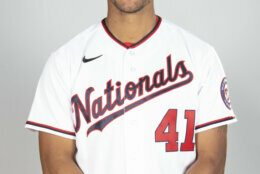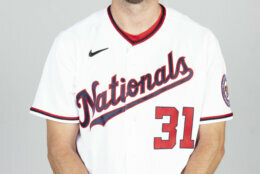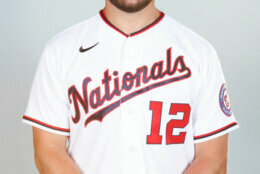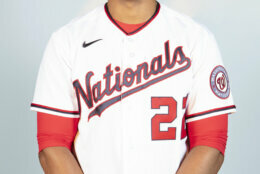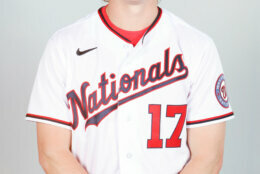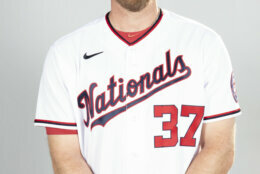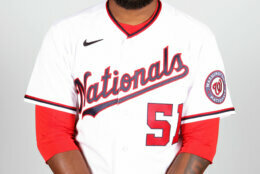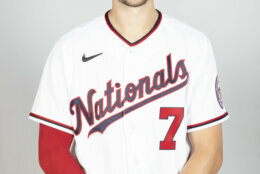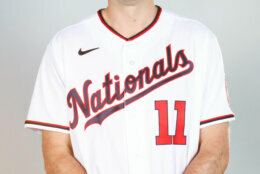After what was the longest year for many, sport’s longest season begins this week with the Washington Nationals hosting the New York Mets.
For many, there is still the feel of being defending World Series champs as 2020 was reduced to a 60-game sprint without spectators on South Capitol Street, as well as a season where the reigning World Series MVP was limited to five innings because of carpal tunnel syndrome.
The team showed plenty of promise during its 10-9-5 exhibition schedule, but that’s the March mindset. Wins and the good plate appearances, solid pitching outings and sharp plays in the field are seen as the byproduct of being on track. Losses and the shortcomings at the plate, on the mound and in the field are simply seen as “working out the kinks.”
Now that the team has shaken off any dust and gotten its players and pitchers in rhythm, the big question is whether the Nationals can contend for a playoff berth like they have for most of the previous nine years. And just like the movie “Back to School,” this one question has multiple parts- 21 to be exact.
Hey, a long season deserves a long list. Dig in.
What effect will the COVID-19 pandemic have on this season? We saw a major effect in 2020 when Juan Soto was held out of the first few games in July. General Manager Mike Rizzo said Wednesday afternoon that a player in the organization tested positive for COVID-19 and five people (including a staffer) came in close contact. The positive test and close contacts will all be held out of the regular season opener. In a 162-game season, the pandemic cloud will always be looming on the horizon.
I don’t know — third base? Carter Kieboom hit .202 last year with one extra base hit. Given another chance to own the position this year, the 23-year old hit .133. His demotion to the minors (that won’t begin playing games until May) means that Starlin Castro (45 career games at third in his 11-year career) slides over, while Josh Harrison gets plugged in at second. The position that provided plenty of offense for this team in the past, from Ryan Zimmerman to Anthony Rendon, needs to improve after driving in the third-fewest runs in the majors last year.
Will Strasburg be rested or rusty? When we last saw Stephen Strasburg, he was shut down for the 2020 season and needed surgery on his wrist after tossing a career-low five innings. He’s looked sharp in his four spring starts after being sidetracked with a strained calf. Will we get the Strasburg of 2019 from a quality (he led the league in wins and innings pitched while tossing a career high 251 strikeouts) as well as quantity (that was one of two years in his career where Strasburg started more than 30 games)? His first start appears to be Saturday.
Home field advantage? The Nats went 15-18 last year in D.C. — their first losing record at home since 2009. If they had just reproduced their average mark at home over the last five seasons (232-178, .572, or 19-14) they would have finished .500 and in the playoffs. Manager Davey Martinez has called Nationals fans his team’s “26th man,” although with the MLB roster expansion, technically they’re now the 27th man (28th on doubleheader days). Regardless, Davey and his team missed their home crowd last summer when they had to play in front of empty seats. How big home field will hold this year is huge, as 13 of the team’s first 19 games are in Washington.
How hot will April get? And as we’re on the topic of the start of the season, April has not been a banner month under Martinez. The Nats went 11-16 in 2018 and 11-14 in 2019 (for the record, they went 3-4 last July). They begin 2021 with six straight games against NL East foes, three against the much-improved Mets followed by three against two-time defending division champ Atlanta. Then it’s a three-game series at the defending World Series champ Los Angeles Dodgers. That’s quite an April appetizer.
Robles leading off? I know, this should have been the first question if I was really focused on form. But Victor Robles atop the batting order has been a big part of this spring, and the 23-year old is hitting .296 with 13 runs scored in 54 at-bats. His walks (only five) remain a little light, but if he can cause havoc on the base paths (five steals this spring and 28 in his first full season of 2019) to set the table, the Nats offense can build off of last year’s lineup that ranked fifth in batting but 10th in runs scored.
Will Max finally be mortal? Max Scherzer’s signing in 2015 was perhaps the best-ever free agent pickup in the modern game (old-schoolers will still point to Reggie Jackson in the 1970s) from an individual (two Cy Young Awards, plus a year where he led the NL with 18 wins and 300 strikeouts) and team standpoint (he started the 2019 Wildcard Game as well as Game Seven of the World Series while going 3-0 in his other three starts that October). He turns 37 this July, and the veteran’s ERA has increased each season since 2017. I’m not going to tell him he’s past his prime, but Father Time has a little more pull than I do.
How much stock should we put in 2020? Max didn’t necessarily have an off-year in 2020, but two of the team’s offseason pickups did. Josh Bell hit .277 with 37 homers and 116 RBI in 2019 before dipping to .226 with 8 and 22 last summer (those numbers translate to 22 homers and 59 RBI over 162 games). He looks like he’s reverting to his 2019 look after leading the majors with a .383 batting average in Spring Training while hitting six homers with 15 RBI. Kyle Schwarber hit .188 in 2020, but the team is banking on getting the outfielder who hit 38 homers with 92 RBI the season before.
Will we get a comeback from Corbin? Left-handed pitcher Patrick Corbin struggled in 2019, posting a 2-7 record with an ERA of 4.66 (his highest since 2016, when he was used as both a starter and reliever in Arizona). In four spring training outings, the 31-year old tossed 12.2 innings over four appearances. And while his ERA of 3.55 was more impressive than his 9 to 7 strikeout to walk ratio, March doesn’t mean everything: Corbin went 14-7 in 2019 after a 4.88 exhibition ERA.
How will the catching combination connect? Yan Gomes gets a new running mate, with Kurt Suzuki’s departure, and Alex Avila does not bring the same bat that Suzuki provided (19 homers with 80 RBI over 128 games). The veteran has hit .184, .207, and .165 the previous three seasons. But the 34-year old brings a steady presence behind the plate, and has caught Max Scherzer in Detroit, Patrick Corbin in Arizona and Jon Lester with the Chicago Cubs.
Will there be “market correction?” Two bright spots for 2020 were Trea Turner (led the league with 78 hits) and Juan Soto (tops with a .351 batting average). Each were on track to drive in more than 100 runs. And given their relatively small sample sizes (313 games played for Soto and 541 for Turner) one doesn’t really know if last year was the rung on a ladder to pass or step down from. Case in point: Turner’s career batting average is .296 and he’s hit within 10 points of that just once in his six years at the major league level. They can both be still just as good players but not as productive as they were in 2020s 60-game sprint.
Will the NL East be as good as advertised? Atlanta has won the division two straight years and appears to be ready for another run, while the New York Mets are much improved. Miami made the playoffs last season and Philadelphia boasts the bat of Bryce Harper. The Nats will play 76 games against that quartet, and their intra-division success will go a long ways to determining if they’re a playoff contender — or pretender — come September.
Is it cool to keep an eye on the exes? Speaking of Bryce, how will the former Nats mainstay fair in his third season with the Phillies, and when do we no longer refer to Harper as a former National? The outfielder has hit .245 with five homers and 12 RBI in 29 games against his former team over the last two years — not exactly Daniel Murphy as Alanis Morissette numbers against the Mets. Other former Nationals one might be curious about include Anthony Rendon, whose .286 batting average with nine homers and 31 RBI for the Angels dwarfed Carter Kieboom and company in 2020 (even with Rendon’s annual missing time to injury). But just two years removed from a World Series, is it rational to be focused on those who have left Washington via free agency? And who said we had to be rational about baseball?
How will losing his thyroid gland affect Jon Lester? Offseason surgery is not uncommon. Having one’s thyroid gland taken out during spring training is not. Since the surgery, Lester has been fine, making three starts and looking like the kind of pitcher you want as your fourth starter. He didn’t miss a turn in the rotation last year for the Cubs and previously had a stretch of 12 seasons where he made at least 30 starts.
Will the “return to normalcy” include Racing Presidents? Last year, the club continued the tradition of running George, Tom, Abe and Teddy in a virtual manner by video. As fans are slowly being brought back to the ballpark, will the fourth inning tradition be resumed in a live manner? And will we get a “guest” president like Taft, Coolidge (ironic for a guy who famously chose “not to run”), and Hoover? If we go by the White House Christmas tree ornament rotation of years past, LBJ is due up this year.
What sort of season will we get from Joe Ross? The fifth starter in the rotation is a guy who opted out of 2020 and has made more than 15 starts in a season just once in his career. The right-hander made three appearances in March and appears on track to fill that fifth spot. While one doesn’t need a superstar, it’d be nice for Ross to have an ERA under five — something that hasn’t happened since 2016.
Bench production? In 2019, players like Asdrúbal Cabrera, Ryan Zimmerman, Howie Kendrick and Gerardo Parra didn’t start enough games at one position to be considered the “starter,” but each contributed enough to help push the team into the postseason and beyond. With Michael A. Taylor gone, will Andrew Stevenson make the necessary leap? And with the infield shuffle underway for the time being, will there need to be moves in August to bolster the lineup (like Cabrera and Parra two years ago)?
Wither the Ryan in winter? Speaking of Zim, the face of the franchise is back after opting out of 2020 (his wife gave birth and his mother has MS). The 37-year old homered in his first spring training game and was on a tear all month. He’s had injury issues as well as slow starts in the past, but in a role where he’s not playing every day, could we get a season like the one we got from Kurt Suzuki in 2019 (17 homers and 63 RBI over 85 games)? And more importantly, when will the Ballston location of The Salt Line actually open (asking for a friend)?
Is the pen mightier? The Nats relief corps has had a checkered past — even during the 2019 World Championship season, the bullpen had the second-highest ERA in the majors. The offseason addition of Brad Hand should complement Daniel Hudson, while Will Harris begins the year on the injured list. Tanner Rainey, Kyle Finnegan, Erick Fedde and Austin Voth are also expected to contribute. The bullpen on April 1 does not always look like the eventual relief corps, and depending on who pitches well, can sometimes bear little resemblance to the guys in the pen after the trading deadline.
New coaches, new ideas? Davey Martinez brings back the bulk of his staff, with bench coach Tim Bogar, hitting coach Kevin Long, assistant hitting coach Pat Roessler and bullpen coach Henry Blanco returning to those roles. Bob Henley moves from first base coach back to third (his role from 2014-19) while longtime organization man Randy Knorr is the new first base coach after directing the club’s alternate training site in Fredericksburg, Virginia, last season (he’s previously served as bullpen and bench coach in D.C.). New to the organization is pitching coach Jim Hickey, who has had similar roles with Tampa Bay (Davey Martinez was on the same staff) and the Chicago Cubs. Will the moves make a major impact? One expects Henley to return to his aggressive mindset (he was nicknamed “Bob Sendley” at one point) while a new set of eyes on the arms has paid dividends in the past: The shake-up that made Minor League Coordinator Paul Menhart the pitching coach in May 2019 seemed to get the rotation on track.
Which call-ups will contribute? Sometimes, we know who the next Nats stars are, from Anthony Rendon raking it during 2013 Spring Training, to the hoopla surrounding Trea Turner while he was still with the Padres organization. Other times, a Juan Soto takes us completely by surprise. The Nats’ success over the last decade has been a byproduct of talent shooting up its minor league system, and if they hope to contend today, we’ll need to see a decent dose of how good tomorrow can be.


